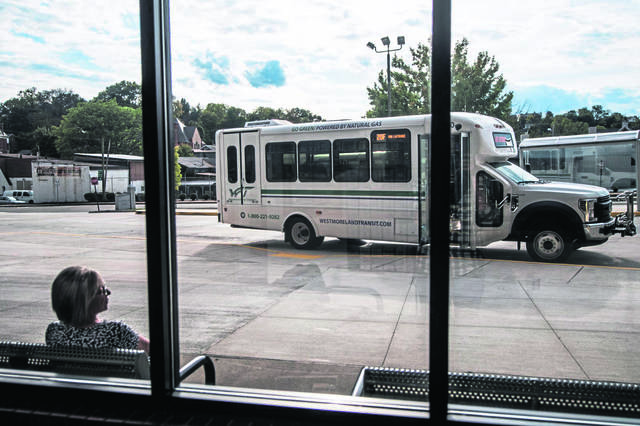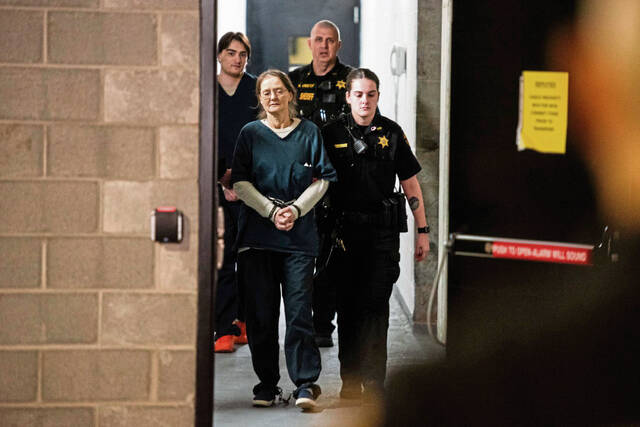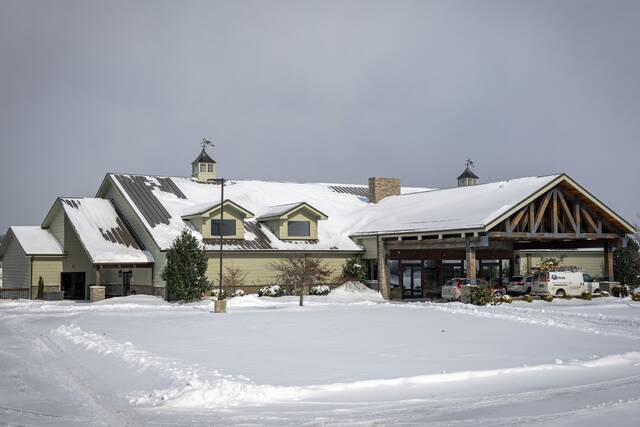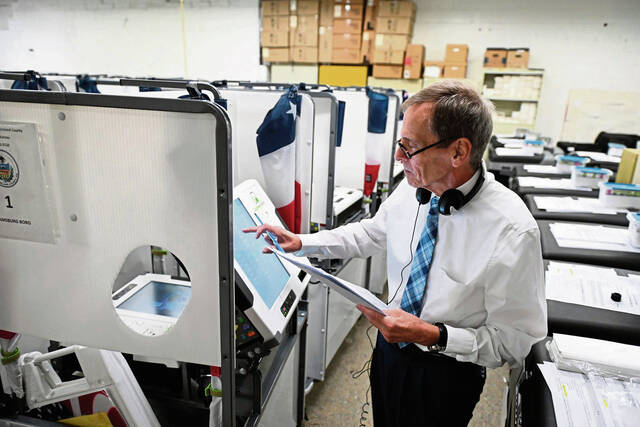Westmoreland County Transit Authority fares will remain steady for the next year even as ridership continues to decline amid the ongoing coronavirus pandemic.
Authority board members Thursday approved a new $13.4 million budget that will increase spending for its fixed-route bus service and paratransit shared ride “Go Westmoreland” program, which has suffered crippling losses in recent months as fewer passengers ventured out over fears related to the virus. Since late March, the authority has operated with a reduced schedule.
“We have never closed and never missed a day of service,” authority Executive Director Alan Blahovec said. “People we do have riding clearly need the service. We are really helping the people who don’t have another way.”
Overall, expenses in the new budget are expected to increase by $1 million, and revenue losses blamed on ridership decreases will be balanced through federal grants designed to assist the authority in the wake of the pandemic.
Ridership on the authority’s fixed-route service, which operates 18 weekday and six Saturday routes, including commuter service to Pittsburgh, was down 84% over the past few months. The agency’s paratransit programs for low-income passengers saw a 54% decline in ridership during the same time.
Fare box receipts and shared-ride copayments for the fiscal year starting July 1 are expected to be $808,000. Authority officials expected fares for the previous 12 months to account for $1.3 million, about 10% of the authority’s anticipated revenue.
Ashley Cooper-Brounce, the authority’s fiscal manager, said the transit agency’s outlook is not expected to substantially grow in the coming months.
“With more people working from home and sheltering in place, I am not expecting ridership to return to pre-covid-19 levels until at least early 2021,” Cooper-Brounce said. “The decrease in revenue streams is reflected in the … budget. The authority will use CARES Act funding to cover the gap. During this time, we are looking at the services we provide and how we can make improvements to the entire system.”
Transit officials had planned to revise the route structure and other services in an effort to increase ridership, but that effort was delayed during the transition earlier this year from having a private operator oversee day-to-day operations to the authority assuming control in January.
Restructuring plans will remain on hold.
“It’s something we know we need to do, and we are working with the county planning department. Hopefully, we can work through it,” Blahovec said.








